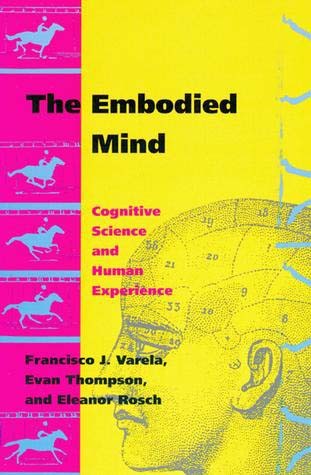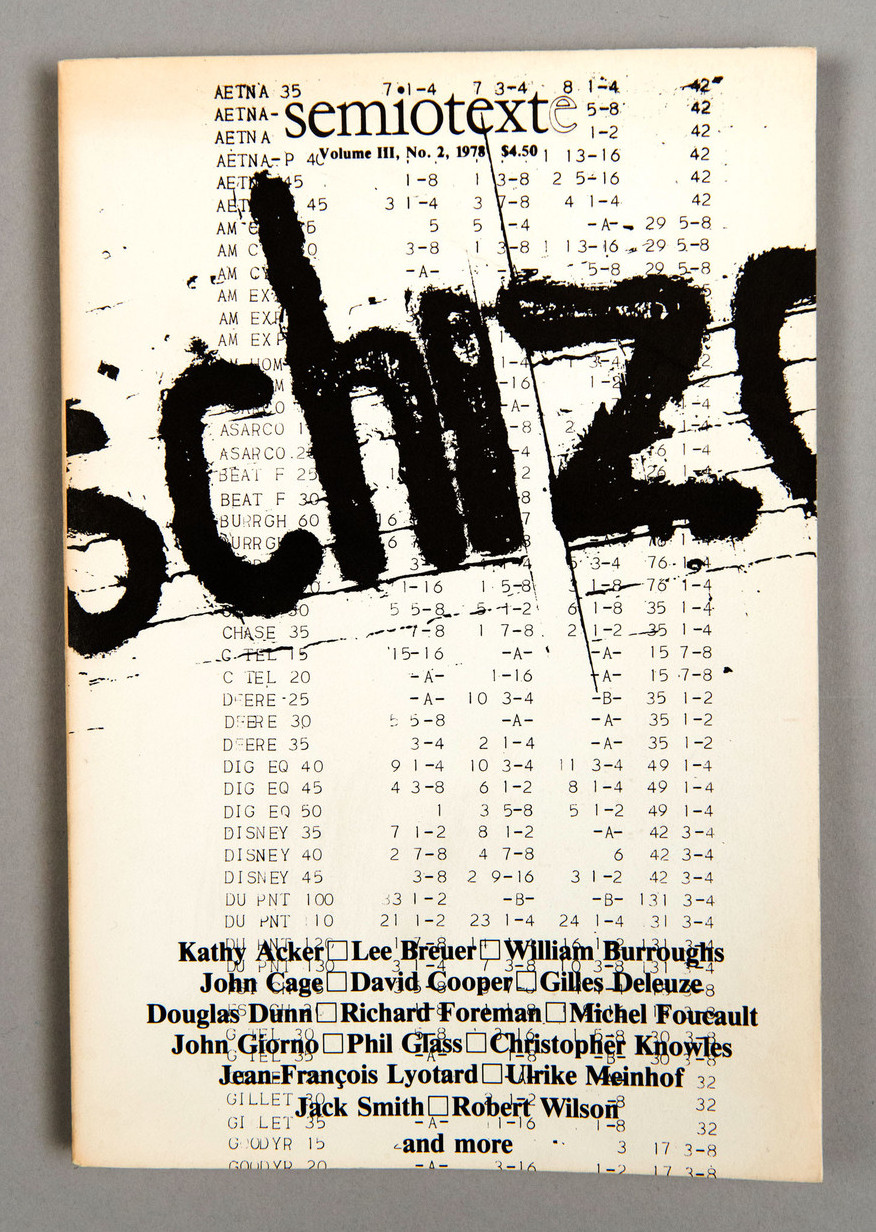Francisco Varela, Evan T. Thompson, Eleanor Rosch: The Embodied Mind: Cognitive Science and Human Experience (1991)
Filed under book | Tags: · body, cognition, cognitive science, connectionism, mind, neuroscience, perception, phenomenology, philosophy, psychoanalysis, self

“Although the scientific study of the mind has developed rapidly in recent years, it has devoted little attention to human cognition understood as everyday lived experience. The Embodied Mind corrects this imbalance within cognitive science by providing a deep and sophisticated treatment of the spontaneous and reflective dimensions of human experience. Varela, Thompson, and Rosch argue that it is only by having a sense of common ground, between mind in science and mind in experience that our understanding of cognition can be more complete. To create this common ground they develop a dialogue between cognitive science and Buddhist meditative psychology and situate this dialogue in relation to other traditions, such as phenomenology and psychoanalysis.
The dialogue proceeds in five parts. The first introduces the two partners and explains how the dialogue will develop. The second presents the computational model of mind that gave rise to cognitive science in its classical form. The authors show how this model implies that the self is fundamentally fragmented and introduce the complementary Buddhist concept of a nonunified, decentralized self. The third shows how cognitive science and Buddhist psychology provide the resources for understanding how the phenomena usually attributed to a self could arise without an actual self. The fourth presents the authors’ own view of cognition as embodied action and discusses the relevance of this view for cognitive science and evolutionary theory. The fifth considers the philosophical and experiential implications of the view that cognition has no foundation or ground beyond its history of embodiment and explores these implications in relation to contemporary Western critiques of objectivism and the nonfoundationalist tradition of Buddhist philosophy.”
Publisher MIT Press, 1991
ISBN 0262720213, 9780262720212
328 pages
PDF (updated on 2020-4-17)
Comments (3)Semiotext(e), 3(2): Schizo-Culture (1978)
Filed under journal | Tags: · anti-psychiatry, capitalism, linguistics, literature, philosophy, politics, power, psychoanalysis, schizoanalysis, schizophrenia, semiotics

“Semiotext(e) began in 1974 as a journal started by French philosopher Sylvère Lotringer in an effort to bridge radical French theory and the intellectual and art worlds of New York City. The original editorial board included ten people, mostly graduate students at Columbia University where Lotringer teaches, who chipped in fifty dollars apiece to get the journal started. They held their first conference in 1975: the Schizo-Culture conference on prisons and madness. Speakers included Gilles Deleuze, Félix Guattari, Michel Foucault, and Jean-François Lyotard, now all staples of the Semiotext(e) backlist.” (from Wikipedia)
With contributions by Kathy Acker, Lee Breuer, William Burroughs, John Cage, David Cooper, Gilles Deleuze, Douglas Dunn, Richard Foreman, Michel Foucault, John Giorno, Phil Glass, Christopher Knowles, Jean-Francois Lyotard, Ulrike Meinhof, Jack Smith, Robert Wilson, and others.
Edited by Sylvère Lotringer
Publisher Semiotext(e), New York, 1978
ISSN 00939579
221 pages
PDF (8 MB, updated on 2013-12-8)
See also Semiotext(e), 3(1): Nietzsche’s Return (1978).
Comments (2)François Dosse: Gilles Deleuze and Félix Guattari: Intersecting Lives (2007–)
Filed under book | Tags: · 1960s, 1970s, 1980s, biography, deterritorialization, history of philosophy, philosophy, psychoanalysis, rhizome, schizoanalysis

“In May 1968, Gilles Deleuze was an established philosopher teaching at the innovative Vincennes University, just outside of Paris. Félix Guattari was a political militant and the director of an unusual psychiatric clinic at La Borde. Their meeting was quite unlikely, yet the two were introduced in an arranged encounter of epic consequence. From that moment on, Deleuze and Guattari engaged in a surprising, productive partnership, collaborating on several groundbreaking works, including Anti-Oedipus, What Is Philosophy? and A Thousand Plateaus.
François Dosse, a prominent French intellectual known for his work on the Annales School, structuralism, and biographies of the pivotal intellectuals Paul Ricoeur, Pierre Chaunu, and Michel de Certeau, examines the prolific if improbable relationship between two men of distinct and differing sensibilities. Drawing on unpublished archives and hundreds of personal interviews, Dosse elucidates a collaboration that lasted more than two decades, underscoring the role that family and history—particularly the turbulent time of May 1968—play in their monumental work. He also takes the measure of Deleuze and Guattari’s posthumous fortunes and the impact of their thought on intellectual, academic, and professional circles.”
Originally published as Gilles Deleuze et Félix Guattari: biographie croisée, La Découverte, Paris, 2007.
Translated by Deborah Glassman
Publisher Columbia University Press, 2010
European Perspectives: A Series in Social Thought and Cultural Criticism
ISBN 0231145616, 9780231145619
672 pages
PDF (updated on 2020-11-13)
Comment (0)
